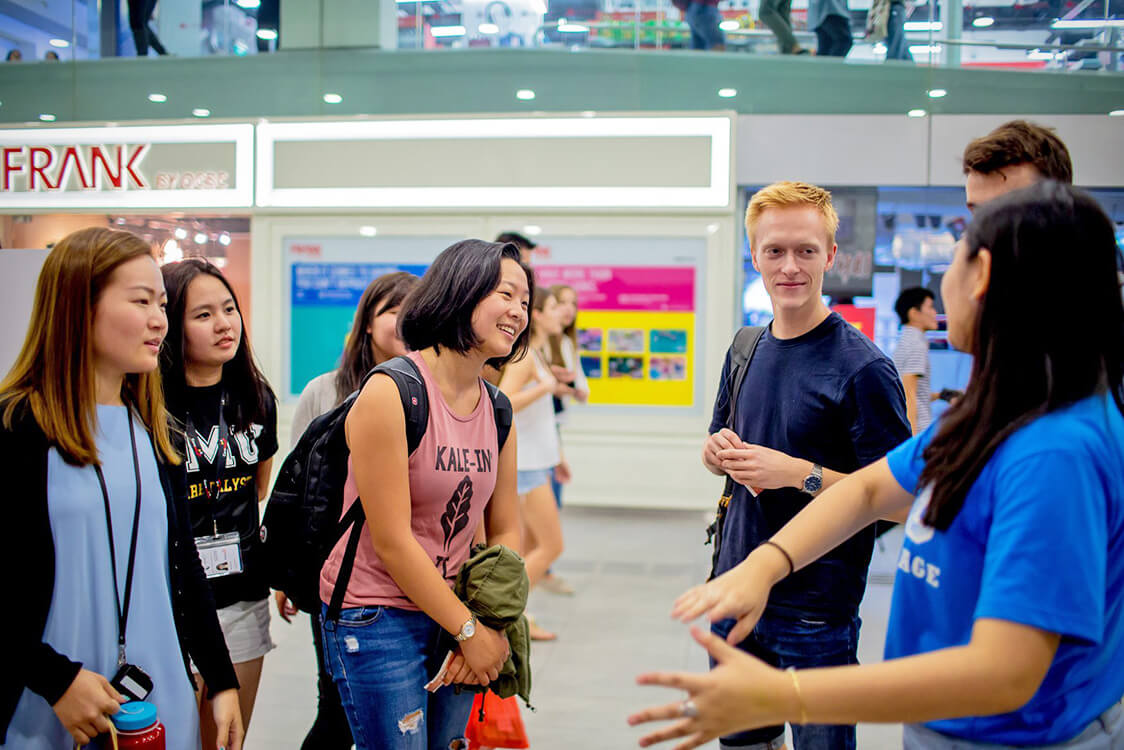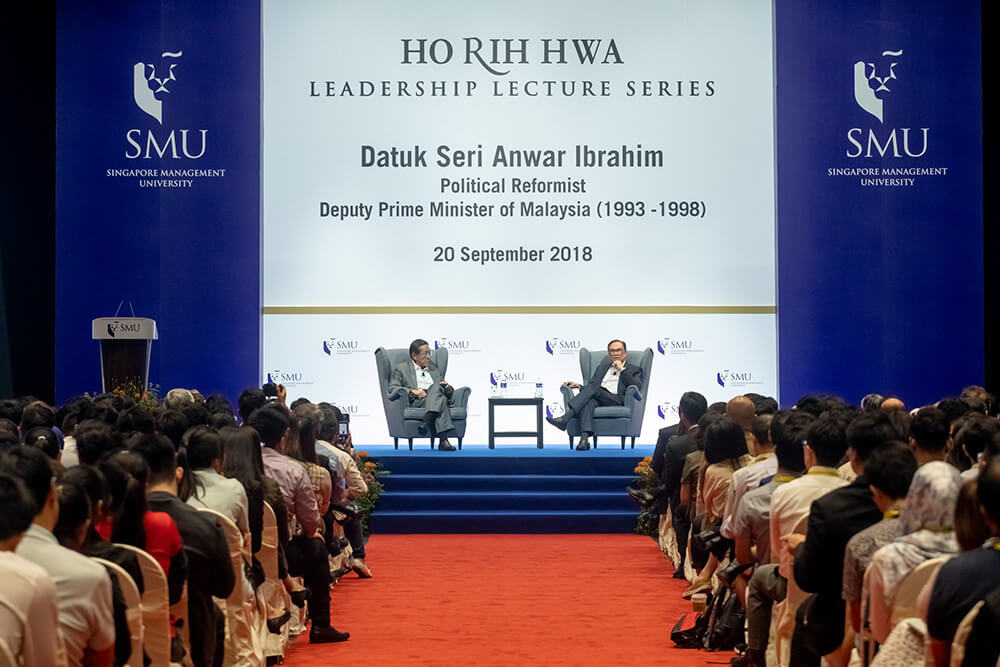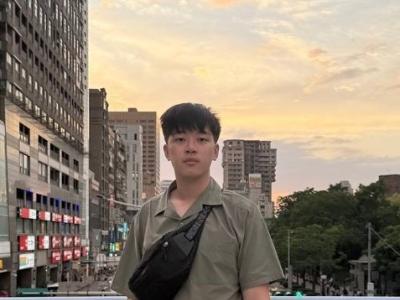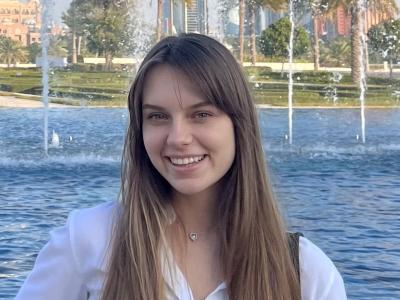
The costs of an overseas education can be stratospheric—in terms of a financial burden as well as the risks of living abroad during turbulent times. So oftentimes, Singapore’s world-class education system and status as a leader in trending industries actually makes it the perfect spot for a tertiary education.
In fact, enrolling in a local university such as the Singapore Management University (SMU) is far from an insular experience. On the contrary, it’ll be a global education like no other.
In a recent press briefing about the SMU Undergraduate Curriculum enhancement, the university’s President Professor Lily Kong shared her views that having global exposure is a crucial element that every student should experience today.
“We’re committed to helping students make that possible,” she says. Whether the obstacle is financial or personal, the University promises to work with individual students to come up with a solution. “For students whose circumstances do not permit, we will find other ways of exposing them to global thinking, in a process we call ‘Internationalisation at Home’,” she explains.
As it is, here are four ways SMU has woven global exposure into its curriculum:
1. SMU Global Summer Programme
Although the SMU Global Summer Programme takes place on SMU’s own campus during the summer, its global aspect comes from the fact that its participants come from all corners of the world—usually over 30 different countries—and is open to all undergraduates and recent graduates. These summer students get to pick two out of a list of 10 courses to choose from, with a total of 36 contact hours per course.
These courses are not the usual ones offered by the university, and cover unique topics like “Asian Family Business”, “Innovations for Asia’s Smart Cities”, and “Screening Asia: History, Society, and Politics in Films”. It’s not all work no play either. In order to create more opportunities for students to network, the programme includes an orientation and city tour outing, ‘Mix & Mingle’ sessions, company visits, dialogue sessions, and other social activities.
Read also ‘Local Going Global‘ by SMU Business alumnus Darren Yuen on his Global Summer Programme experience.
2. A plethora of MNCs where students can find work
If global exposure at the corporate level is what you are looking for, SMU has a relationship with many local and offshore companies. This means there are opportunities for internship placements in many multinational corporations (MNCs), as many of them have their headquarters located here in Singapore.
Overseas internships are also available and can be counted as fulfilling any compulsory internship segment that is part of your selected course.
The SMU-X initiative’s courses also offer students the opportunity to take on real-world projects from regional and multinational companies that could lead them overseas for research or study mission trips. Aside from term-long student exchange trips, these shorter and less financially-straining trips allow students to explore the different challenges of running a business overseas.
3. Sharing sessions by global thought leaders
As a highly-accredited and acclaimed university, SMU regularly hosts talks, symposiums and lectures by renowned global thought leaders, which are often open for students to attend. For instance, the Ho Rih Hwa Leadership in Asia Public Lecture Series has seen speakers like Malaysian politician Datuk Seri Anwar Ibrahim, Myanmar State Counsellor and Nobel Peace Prize laureate Daw Aung San Suu Kyi, then-Secretary General of the United Nations Ban Ki-Moon, and even our own Prime Minister Lee Hsien Loong.

There is also the Presidential Distinguished Lecturer series where previous speakers include Jack Dorsey, Twitter Co-founder and CEO; Mr Kgalema Motlanthe, President of the Republic of South Africa (2008-2009) speaking on The Paradox of Education; Professor Jan Peter Balkenende, Prime Minister of the Netherlands (2002-2010) on Partnership towards Sustainable Business; and Professor Jeffrey Sachs, who has been hailed as one of the top three most influential economists globally.
Watch the recordings of the Ho Rih Hwa Leadership in Asia Public Lecture Series.
Watch the recordings of the Presidential Distinguished Lecturer Series.
4. Diversity in a global city campus
Also as a result of its international recognition as a world-class university, SMU attracts students from all of the world so you can rest assured that every classroom itself will be a melting pot of different cultures and opinions. Even the faculty is staffed with professors that hail from as far as the United States or the United Kingdom, or as near as Southeast Asia.
While going through your modules, there will be plenty of opportunities to meet and work with people from all sorts of nationalities, races and religions so you will not only learn to apply your new skills to a local context, but to a global one as well.
Not forgetting the SMU ICON(international connection) club which overseas several cultural sub-clubs and aims to enhance cross-cultural relationships and understanding through a myriad of events and cultural showcases all year round.


